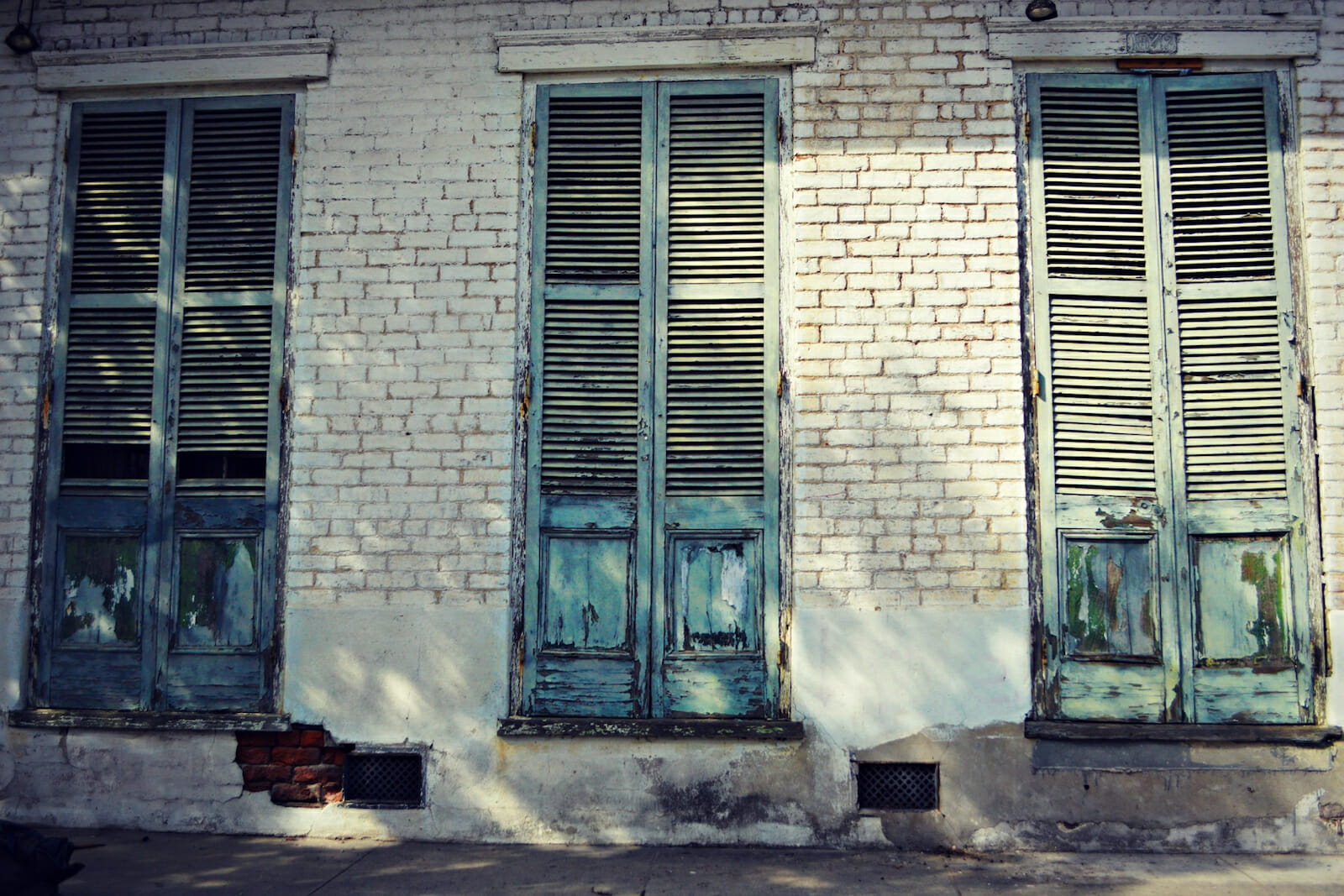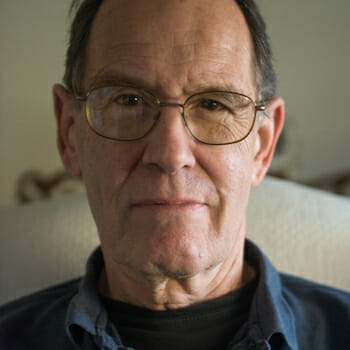
What Can We Learn about Privacy from the French and Their Shutters?
Shutters are an active part of daily life in rural France (where we live half of each year). People open and close them religiously. They swing open their shutters fully at 6:30 on a summer morning, partially close them around 11:00, fully close them by 2 pm, and open everything up again around 7 pm, until at bedtime when they completely close them for the night. When the shutters are closed all the time, it means the owners are away and home insurers will question damage claims if one’s shutters have been left open during one’s absence. In the U.S. we don’t even notice shutters, they are a decorative remnant of our past.
I began asking my neighbors about their shutter behavior – why do they bother, it seems like a lot of trouble, why not just leave them open like we do, what’s this all about? Their brows wrinkled in astonishment at my questions. It’s not something they have thought about, it is what one does, it is what one has always done.
I pushed for reasons. Without exception, there were three: temperature control, keeping out the light and protection. Protection from what? Well, thieves for one, and then, the prying eyes of strangers, and finally, some admit, those of the neighbors.
Our own stone house, like those of the other nineteen in our tiny hamlet, has shutters on every window on the ground floor. We open them when we arrive in the spring and close them again when we leave in the early fall. The rest of the time they are open, even when we go away for a week. In fact, we are convinced that closing all the shutters is a clear invitation to potential thieves and vandals. But we don’t worry about break-ins (it’s hard enough for well-meaning folks to find our village). And our house keeps cool on hot days (30 inch thick stone walls are a great natural air-conditioning system). As for prying eyes, well, we don’t walk around naked, and if someone happens to see us in our bathrobes or underwear, so what. Enjoy. In France, a land of logic and intellectual interrogation, are we Americans the only sensible, rational people in our village?
Yes and no. Shutter behavior might be a pretty good window (excuse the tangential metaphor) into how two different cultures look at privacy. In France, the fear of prying eyes, the extreme concern for privacy seems to encompass not only a wish not to be seen in one’s underwear, but not to be seen at all, not at dinner, not reading a book, not chatting with a guest or cuddling a baby. Whatever takes place inside one’s home is nobody’s business. Shutters, heavy, opaque, more than curtains or shades, emphasize that concern for privacy as do the fences around even the most modest property — “this is my realm, it is not yours and you must respect not just my ownership, but my right to privacy, the intimacy of my foyer.” And it must be meaningful that the French word for privacy is the same as the word for intimacy (“intimité”).
But Americans too like their privacy, and so do the Norwegians, the Dutch and the Japanese for that matter. Then why in Portland, Oregon, Washington D.C., Oslo or Tokyo where in many parts of these cities one house abuts another, do we not see many fences and hardly any moveable shutters? In addition, in small town America, virtually all single-family houses have front porches on which people still sit and greet anonymous passers-by. There are no front porches in France, zero.
Could these different behaviors around privacy (and intimacy) reflect different interpretations of transparency or honesty, even different religious roots? Are open-shutter-front-porch Americans saying we have nothing to hide, we live a virtuous life and you can see us doing it? Are the French implicitly saying well, maybe we do have something to hide, or maybe we don’t, but we will hide the very answer to that question because it is no one’s business? Several French writers and philosophers have lately been confronting the cost to privacy as a result of the internet which exposes the “foyer” to outsiders (Airbnb guests, home delivery services, chefs one hires to cook in your kitchen, etc.)
A recent Le Monde article says that the “foyer” has been, “until now the private preserve of the family and of a restricted circle of close others,” and notes the resistance of these invasive trends among the many people who “don’t want to expose their lives to the looking of others and be confronted with their judgment.” The article concludes by linking one’s home to one’s own body, “your space belongs to you and is your dwelling, and just as with your own body you don’t let anyone enter without your permission.”
Are these different behaviors a reflection of France as a predominantly Catholic country where sin does not prevent one’s ascent to heaven as long as it is confessed, while the U.S. is (or at least was in its founding days) a predominantly Protestant one, where virtue is what leads to heaven?
Could it be that the French are being more honest than we are – saying we have no illusions about virtue, we are all sinners, but we’re not going to let you in regardless, while the Americans with their front porch chattiness, their open smiles to strangers on a city street (you’ll rarely see a French person smile to a stranger on a city street), and their shutter-less windows are hiding just as much as the French, but instead of closing their shutters, they hide behind the illusion of transparent virtue as their protector?
A century ago, Edith Wharton in her book French Ways and Their Meaning, focused on the tension between an iconoclastic instinct and overweening respect for rules and a fear of the new:
“There is a reflex of negation, of rejection, at the very root of the French character: an instinctive recoil from the new, the untasted, the untested, like the retracting of an insect’s feelers at contact with an unfamiliar object; and no one can hope to understand the French without bearing in mind that this unquestioning respect for rules of which the meaning is forgotten acts as a perpetual necessary check to the idol-breaking instinct of the freest minds in the world.”
Cultures change, and both ours and the French have in the century since. The French do often seem to pull in, retract their feelers, with their formality, their vous, and tu, their instinct to say no it can’t be done before admitting that it can. And it is true that they sometimes look upon us Americans, with our open shutters, and our smiles as “sauvage” – a bit wild and uncivilized. But at the same time in my years in France I’ve come to see how easily they break the rules and don’t even think about it, how open they can be once you get past the “vous” stage, how the young embrace the English language, how trenchant French political cartoons are, and many other signs that first impressions can be misleading.
In contrast, we Americans, for all our ever-smiling, glad-handing, reaching out, and even “grabbing” whatever is at hand (the newest ubiquitous sign-on gas station plazas all over the U.S. is the invitation to “Grab and Go.”), seem to be the ones these days who embody a reflex of rejection and negation. Cultures are nothing if not contradictory, and when we begin cataloging the differences, we might obscure more than we reveal. I’ll think twice before I again think French shutter behavior is so very odd.
